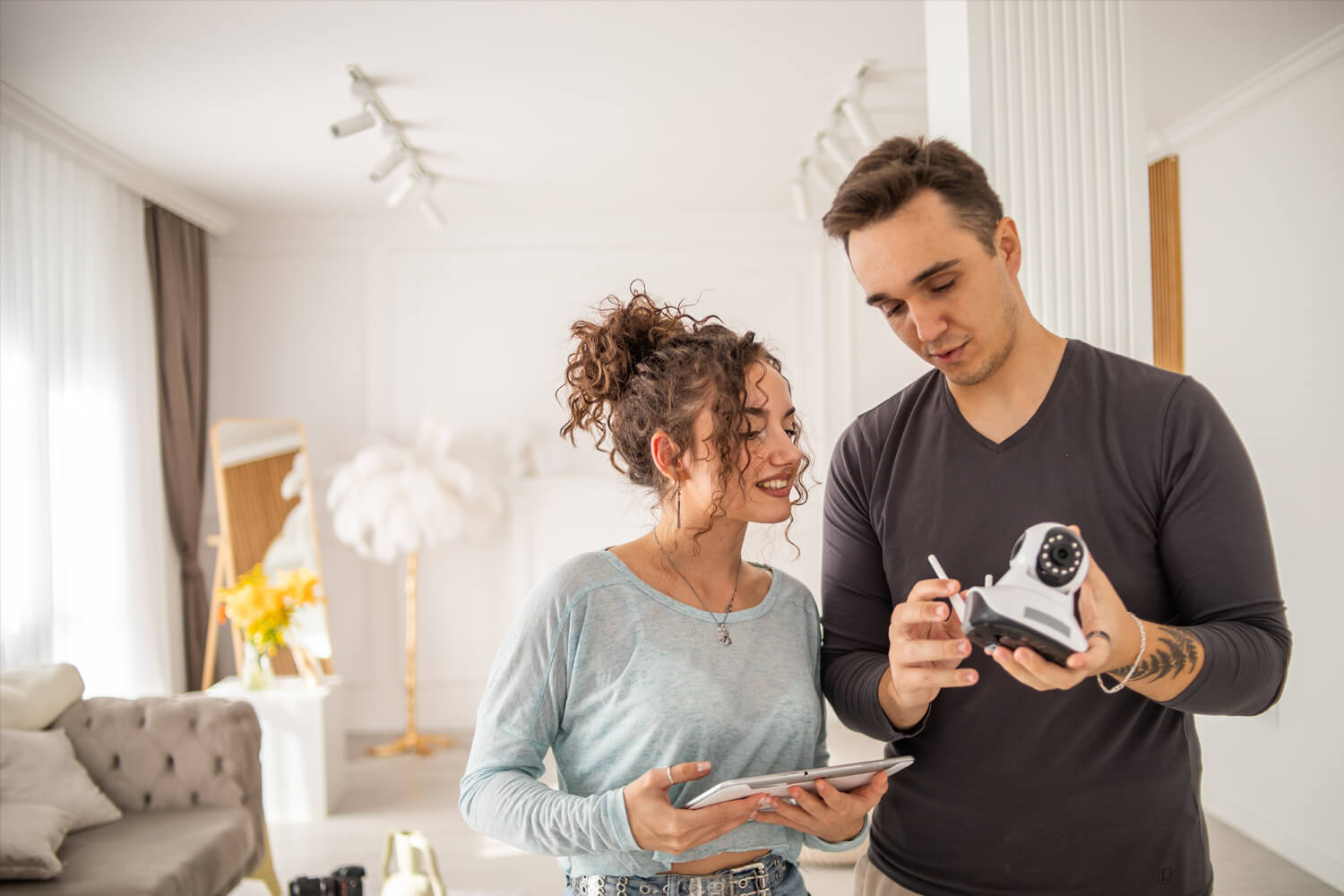Photographic Privacy: Can You Take That Picture?

In the age of the internet and all things public, it might feel like your right to snap photos anytime is absolute. But is it? Let’s take a look issues surrounding privacy in regards to photography and videography.
Intrusion upon seclusion
Contrary to what popular photo-sharing programs like Instagram, Facebook, Imgur, and Snapchat might lead you to believe, a number of state laws are specifically designed to protect against unwelcome photographic intrusion into personal affairs. Check your jurisdiction, but typically, if you intentionally intrude on a person’s private affairs and a reasonable person would find your intrusion offensive, then it is not ok. The problem with this definition is that states often have trouble agreeing on when there is an expectation of privacy. Do you have an expectation of privacy at home? At work? At school? In public? And what can be done with any images that are taken? It depends.
Home
As you might have guessed, the expectation of privacy is highest when at home. Our homes are our sanctuary, and the law recognizes this. This expectation is virtually absolute when we are inside, and especially when curtains are drawn and we’ve taken steps to keep the public eye out. Devices that enhance the ability to see onto your property such as magnifying lenses, highly sensitive microphones, or other enhanced technologies cannot be used to capture pictures, videos or sounds. The expectation of privacy falls slightly when you walk outside; aerial views and images of you on your property are legal, so long as the photographer did not need to trespass to obtain them.
Work
At work, your expectation may be dictated by the employee handbook, office layout, or even prior consent. Depending on the expectations your company sets, everything may be fair game. Private companies are (mostly) free to do as they please, and may not guarantee privacy anywhere within their walls. As such, photos and video surveillance may be allowed.
School
In school, while many parents might be uncomfortable with other students or teachers photographing their child, it is not inherently illegal. The use of such photographs, like all others, will be limited by purpose, but taking the images generally is not.
Public places
Public places have the lowest levels of protection. Generally, everything is fair game. That said, videotaping and publishing images solely to cause embarrassment or to expose conversations reasonably believed to be private by the participant (i.e., with a paramedic after an accident) are still likely protected. When in doubt, assess the situation as a whole, and try to put yourself in the subject’s shoes. Before you go capturing an image, consider where you are, what you had to do to get the perfect shot, and how likely it is that the image(s) may cause the subject distress.
Appropriation
Even if you’ve taken an image that doesn’t violate anyone’s reasonable expectation of privacy, you can’t use them for commercial purposes without authorization. As we previously discussed, using an image without express consent and understanding from the subject may leave you open to legal liability. This applies to photographs you took, were given, or found on the internet. (Internet finds come with a whole slew of other issues, and any reproduction or use should generally be avoided.)
There is one caveat to the general rule against appropriation: journalists may use their images for newsworthy purposes. While police or other interest groups may discourage photography they fear will be published, they cannot actually prevent it.
***If you want to use your images for commercial purposes such as advertising, be sure to get the proper release, in writing, from the subject or legal guardian.
LegalShield is a trademark of Pre-Paid Legal Services, Inc. (“LegalShield”). LegalShield provides this blog as a public service and for general information only. The information made available in this blog is meant to provide general information and is not intended to provide legal advice, render an opinion, or provide a recommendation as to a specific matter. The blog post is not a substitute for competent legal counsel from a licensed professional lawyer in the state or province where your legal issues exist, and you should seek legal counsel for your specific legal matter. All information by authors is accepted in good faith. However, LegalShield makes no representation or warranty of any kind, express or implied, regarding the accuracy, adequacy, validity, reliability, availability, or completeness of such information. The materials contained herein are not regularly updated and may not reflect the most current legal information. No person should either act or refrain from acting on the basis of anything contained on this website. Nothing on this blog is meant to, or does, create an attorney-client relationship with any reader or user. An attorney-client relationship may be formed only after the execution of an engagement letter with an attorney and after that attorney has confirmed that no conflicts of interest exist. Nothing on this website, or information contained or transmitted by this website, is intended to be an advertisement or solicitation. Information contained in the blog may be provided by authors who could be a third-party paid contributor. LegalShield provides access to legal services offered by a network of provider law firms to LegalShield members through membership-based participation. LegalShield is not a law firm, and its officers, employees or sales associates do not directly or indirectly provide legal services, representation, or advice.



